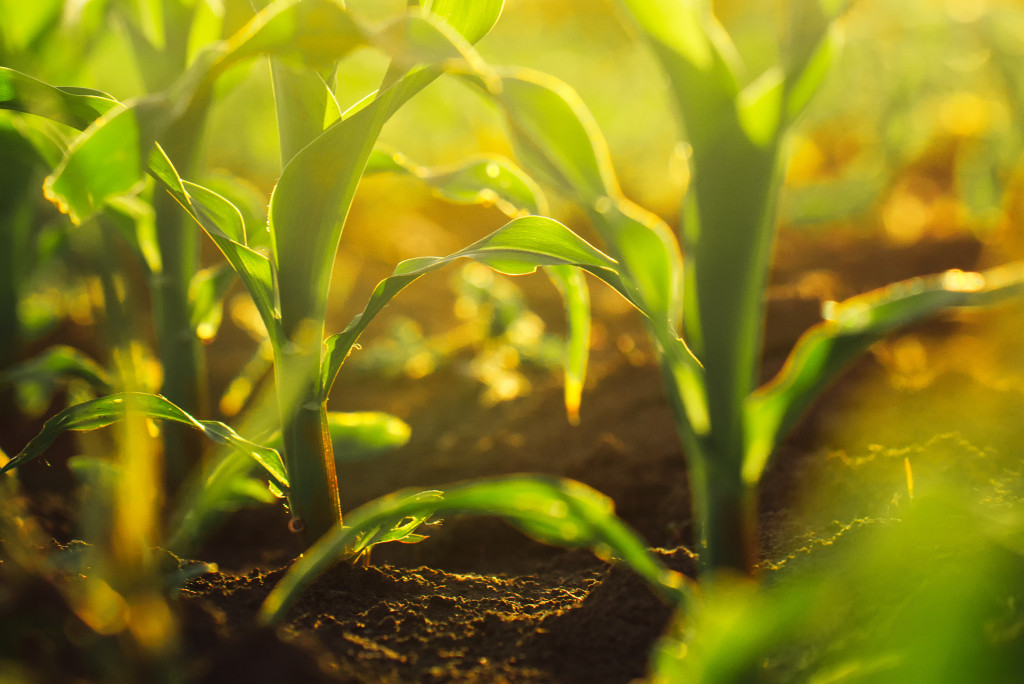- Greenhouses and cold frames can be utilized for protection against harsh winter weather, ensuring optimal conditions.
- Investing in cold-tolerant varieties is crucial for ensuring continuous production.
- Undercover crops can be cultivated to enrich the soil, minimize runoff, and prevent soil erosion, benefiting agricultural practices significantly.
- Choosing high-yield varieties that meet customer expectations and maximize production is crucial.
As the winter months approach, vegetable businesses must find ways to ensure continued production and profitability. While this can be challenging due to the colder temperatures, some strategies can help maximize vegetable business production during this time of year. Following these best practices, vegetable businesses can remain profitable throughout winter despite harsh weather conditions.
Implement Climate-Smart Agriculture Practices
Implementing climate-smart agriculture practices is essential for vegetable businesses to thrive during the winter months. Here are some practices that should be considered:
Utilize Greenhouses and Cold Frames

Greenhouses and cold frames are essential for any vegetable business during the winter months. These structures can help improve crop production, extend the growing season, and increase profits. Greenhouses are enclosed structures that allow farmers to control temperature, humidity, and light, while cold frames are similar structures left open for ventilation.
However, investing in a deep winter greenhouse may be even more beneficial for vegetable businesses. It is a passive solar greenhouse that combines insulation, thermal mass, and a north wall to protect crops from harsh winter weather.
Investing in a deep winter greenhouse may pay off in the long run as it provides a year-round growing environment for crops. Ultimately, using greenhouses and cold frames to improve vegetable production during winter is crucial for any agriculture business to survive and thrive.
Invest in Cold-Tolerant Varieties
Investing in cold-tolerant varieties can drastically improve vegetable business production during the winter months. These specific varieties are bred to withstand colder temperatures and can continue to grow and produce even when the weather turns. It is important to properly invest in these types of varieties to ensure that the business continues to thrive during the off-season.
By selecting and investing in the right cold-tolerant varieties, businesses can increase their yields and provide customers with fresh, locally-grown produce year-round. Making the best decisions for investing in these varieties takes expertise, but the payoff is worth the effort.
Grow Under Cover Crops
Growing undercover crops is essential for improving vegetable business production during the winter months. It involves planting crops that increase soil health and protect the soil from erosion, nutrient loss, and weed growth. Cover crops are beneficial as they enrich the soil, provide a habitat for beneficial organisms, and prevent soil erosion.
When cover crops are used in winter, they can help reduce soil runoff during heavy rainfall and add organic matter to the soil. They can also improve soil health, promote nutrient cycling, and prevent soil compaction. Properly growing under-cover crops is important in maintaining a successful vegetable business during winter while contributing to sustainable agricultural practices.
Choose High Yield Varieties
Selecting high-yield varieties of vegetables during winter is crucial for any business looking to maximize their production. By doing so, companies can increase their yield, thus growing more vegetables with less effort. This selection process thoroughly assesses different vegetables and their characteristics, including their resistance to diseases and pests and overall quality and taste.
Companies must prioritize high-yield varieties that generate a larger crop and produce vegetables that meet or exceed customer expectations. Ultimately, by carefully examining the options and making informed decisions, businesses can ensure they get the most out of their winter vegetable production.
Maximize Sunlight Exposure
Maximizing sunlight exposure is essential for any vegetable farmer looking to increase their production during the winter months. You can use the daylight hours available by strategically positioning your crops in sun-rich areas. You may also consider using reflective materials to direct more sunlight onto your plants.
Adequate sunlight exposure will boost photosynthesis, accelerating the growth of your vegetable crops and improving their quality. It is crucial to recognize sunlight’s impact on your production during the winter months and implement the necessary strategies to ensure you maximize every ray of sunshine available.
Monitor Soil Moisture Levels Regularly

Monitoring soil moisture levels regularly is essential for anyone in the vegetable business. It involves measuring the water in the soil and making informed decisions about when and how much to irrigate. Keeping a close eye on soil moisture levels can help farmers avoid under or over-watering their crops, which can harm plant growth and yield.
By properly managing irrigation, farmers can ensure that their plants have access to the necessary water and nutrients to thrive, ultimately improving their overall production. When colder temperatures and reduced sunlight can impact plant growth during winter, monitoring soil moisture levels becomes even more crucial. Expert farmers understand the importance of soil moisture monitoring in optimizing their vegetable business production and make it a priority to do so regularly.
Vegetable businesses can ensure successful production during winter months by implementing these proven strategies. Despite harsh weather conditions, companies can remain profitable and productive.

